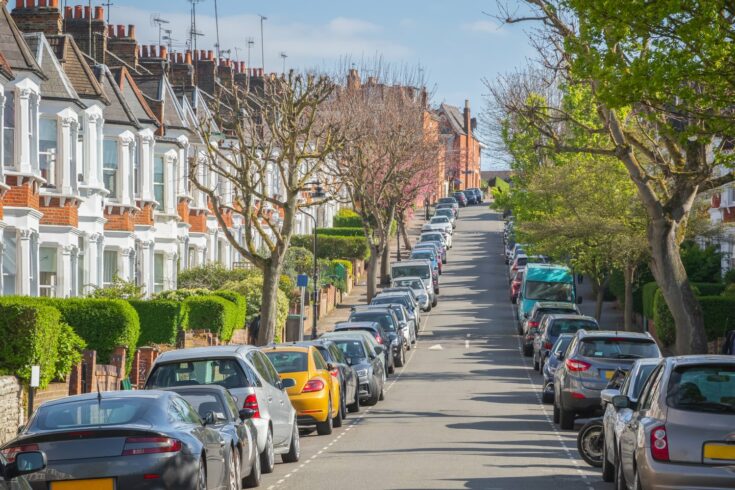Initial findings of a study shows that, during the first lockdown, people strongly felt they were playing by the rules, but others were not.
The study, by the Institute of Criminal Justice Studies at the University of Portsmouth and funded by the Economic and Social Research Council, is ongoing. Hundreds of Hampshire residents have been questioned by the researchers so far.
Familiarity breeds trust
The results show residents are concerned that ‘other people’ are not sticking to the rules as well as they should, while familiarity breeds trust.
Dr Rob Inkpen, Reader in Geography at the University of Portsmouth, said:
Data for this project is being collected over a nine-month period, which is allowing us to witness change over time.
Participants believe they have been significantly more compliant than others in the UK general population.
Those furthest from the respondents’ own social environment were seen to be the least compliant… Family was seen as most compliant, followed by friends, people in their neighbourhood, and finally people in the UK general population. This latter group was perceived as not being compliant with the lockdown regulations.
Social distance has lowest compliance
The restriction that most abided to was to not attend social gatherings. Social distancing was the restriction people complied with the least. The research team believes this may be because of the practical difficulties in staying two metres apart in some circumstances.
Those with higher levels of compliance were more likely to predict that, in general, others would comply well with the lockdown regulations. Those with low levels of compliance did not predict that others would comply well in this scenario.
Who is most compliant?
Various demographic aspects were shown to influence levels of reported compliance:
- women reported higher levels of compliance to lockdown regulations and were more likely to predict themselves complying with regulations in a future lockdown compared to men
- participants in older age groups tended to perceive the general UK population as more compliant
- the more anxious people were about catching COVID-19, the higher their self-reported scores of compliance and future compliance were
- key workers rated themselves as being less compliant to the lockdown regulations compared to non-key workers – an explanation could be that key workers were more likely to be unable to work from home and that they have more interactions with the public in general.
The final results of the research will be reported later this year.
Last updated: 4 February 2021

